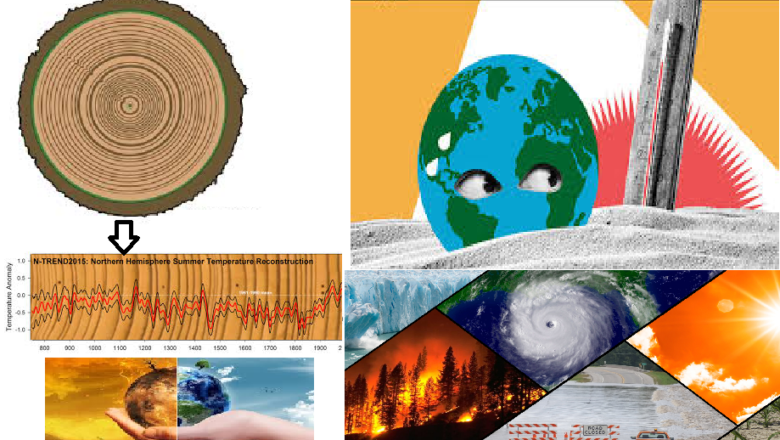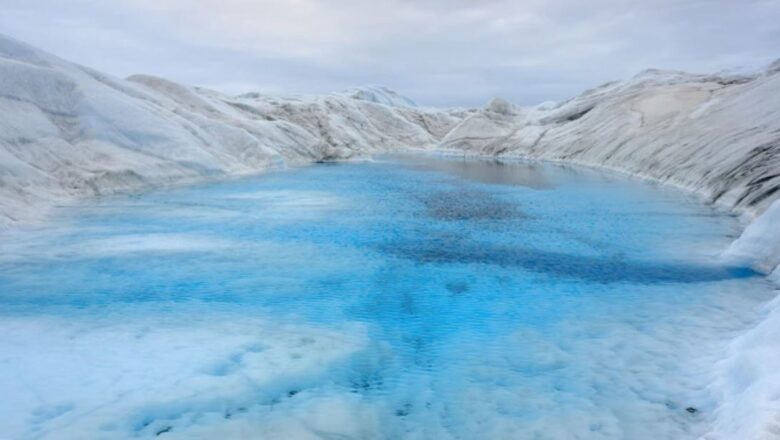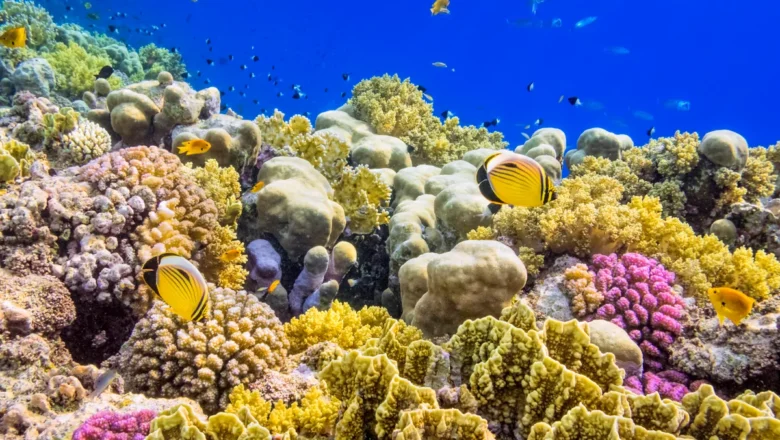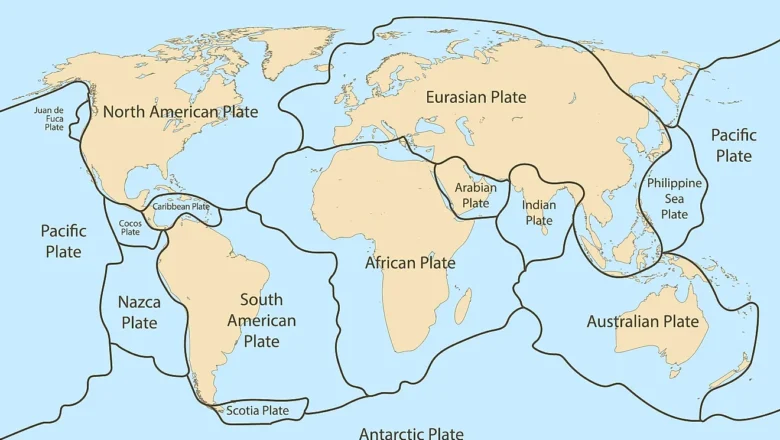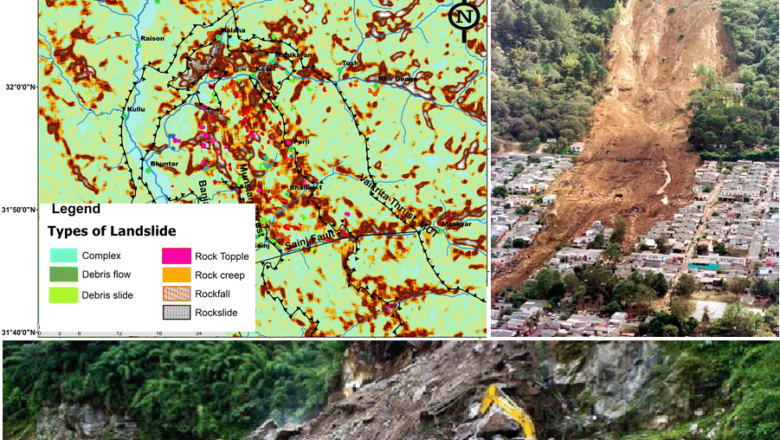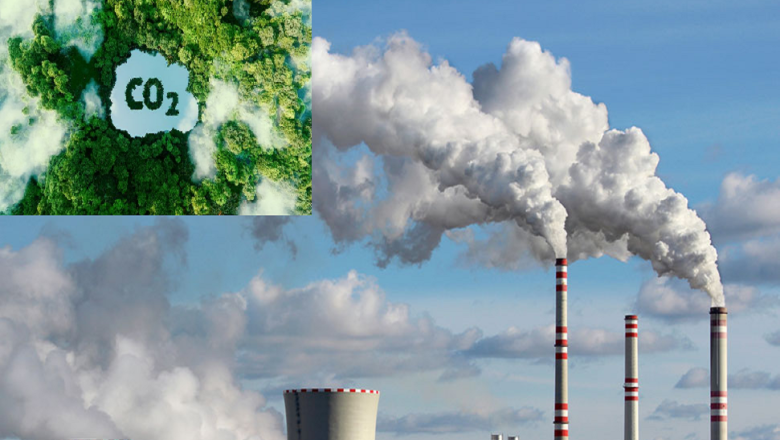
Assam Launches DRIMS: A Digital Solution for Disaster Management in collaboration with Unicef
In anticipation of potential floods, Assam has introduced the Disaster Reporting and Information Management System (DRIMS), a digital platform aimed at facilitating online reporting of damages incurred during various disasters. Developed by the Assam State Disaster Management Authority (ASDMA) in collaboration with Unicef, DRIMS enables accurate reporting and assessment of damages caused by disasters, expediting aid disbursal to affected individuals.
The platform efficiently captures critical impact indicators, facilitating the rapid delivery of relief and rehabilitation grants to beneficiaries. It also tracks damages to crops, loss of livestock, and other essential factors, accelerating post-disaster restoration efforts.
Chief Secretary Ravi Kota, after launching DRIMS, also unveile...

